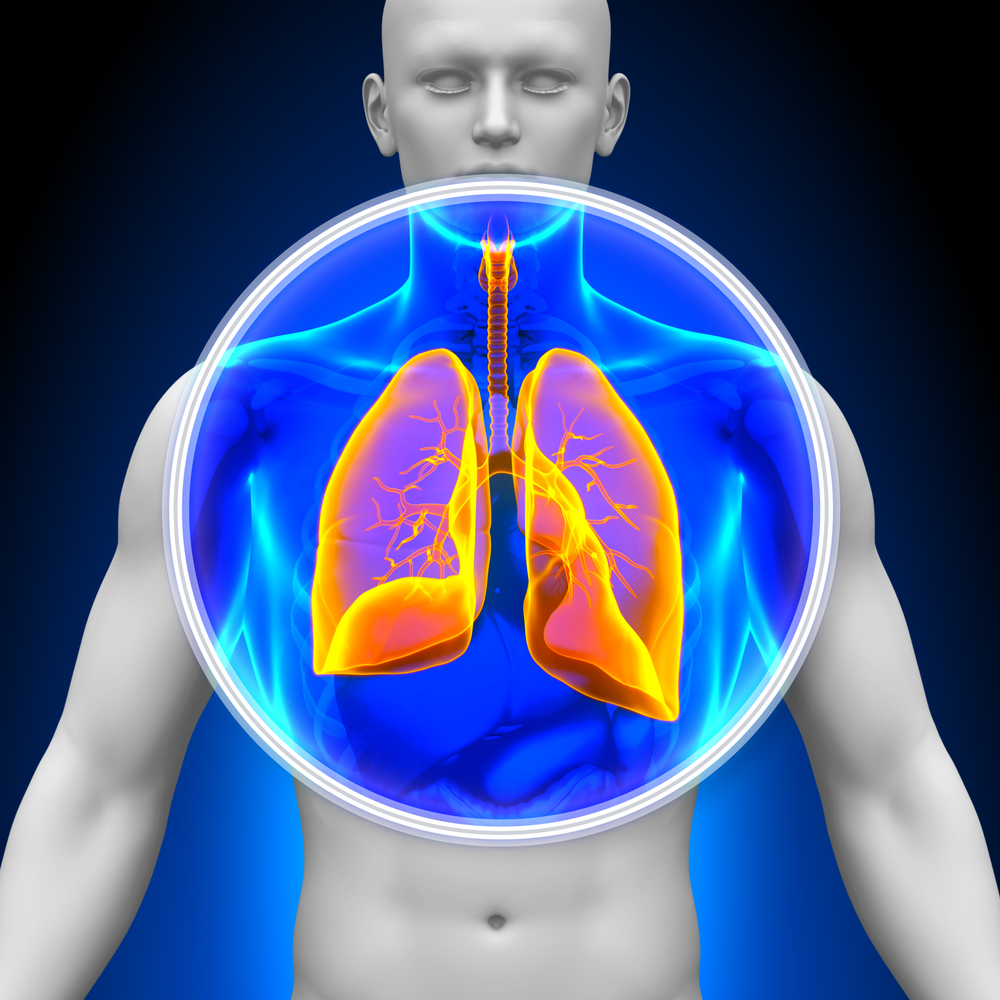Ion-Sugar Interaction in Airway Mucus Has Implications for CF, Studies Show
Written by |

The interaction of ions and sugars called glycans can affect the mucus that lines airways — a finding that has implications for cystic fibrosis, two studies reported.
CF is characterized by abnormally thick and sticky mucus that can damage the lungs, gut and other organs and breed bacteria. The two studies showed that ion-gylcan interaction can affect mucus’s structure and fluidity.
Researchers said the findings could lead to new treatments for CF.
The most recent study, “A Continuum Model of Mucosa with Glycan-Ion Pairing,” appeared in the January 2018 edition of the journal Macromolecular Theory and Simulations. A 2017 study, “Electro-lyotropic equilibrium and the utility of ion-pair dissociation constants,” appeared in the journal Colloid and Interface Science Communications.
Both were conducted by James Sterling of the Keck Graduate Institute and Shenda Baker, the president of Synedgen.
Glycans are complex sugars that all organisms have. They help maintain cell and tissue structure, play a key role in cell signaling, and protect our body from pathogens like bacteria. They are found on the surface of cells and the mucus that coats organs like the lungs, throat, and gastrointestinal tract.
The body’s molecules can have positive or negative charges, and glycans are among the most negatively charged. Although positive and negative charges attract each other, two different ions with the same charge do not interact equally with an ion that has an opposite charge. This difference is called lyotropy.
“A key implication of these subtle differences is that glycans interact in unique ways with each type of ion,” Sterling said in a press release. This affects the thickness of the cells’ protective layer against pathogens.
“The role of ion-pairing at cell surfaces has important implications for drug delivery,” Sterling said. The Keck Graduate Institute has been working on improving delivery of drugs to mucus.
Lung mucus contains mucins, negatively charged proteins that are sensitive to variations in ions they come in contact with.
Mutations of the CFTR gene cause cystic fibrosis. The abnormalities reduce ion transport, leading to the thick, sticky mucus where harmful bacteria can breed.
“The understanding of how each type of ion affects the structure, electrical potential, and fluid behavior of the airway-surface layers in the lung has direct implications for designing drug targets that influence pulmonary behavior,” Baker said.
Sterling and Baker’s work addresses ion interactions in different kinds of cell surfaces and water-containing gels. They are continuing to pursue the topic with an eye toward developing better CF therapies.
For more information about Sterling’s work on ion-sugar interactions, please watch this presentation at the Annual Keck Graduate Institute Research Retreat on Jan. 12.






